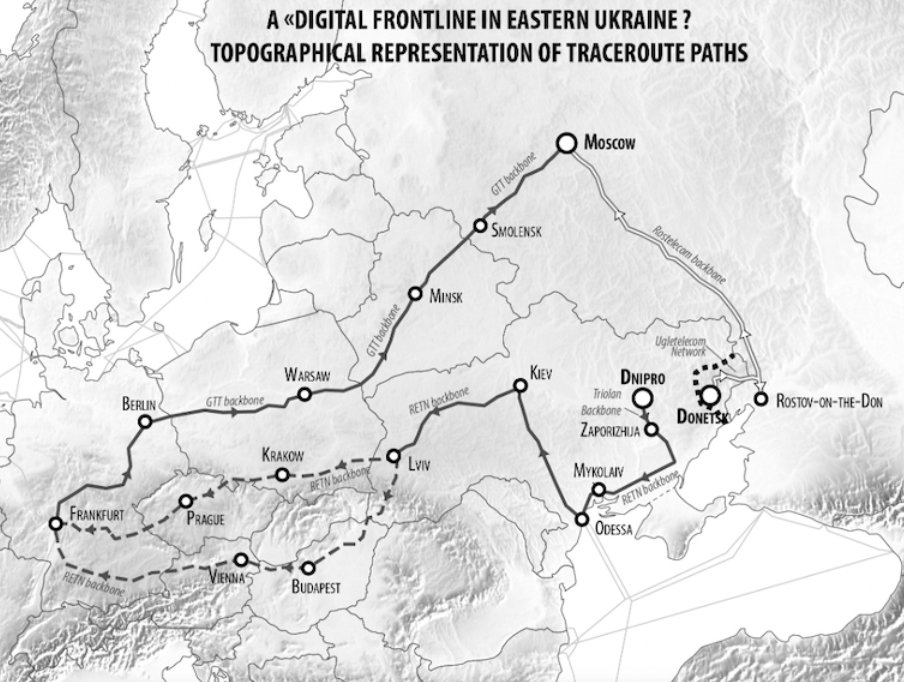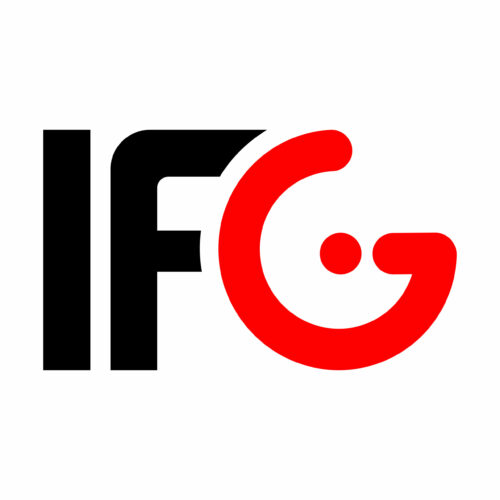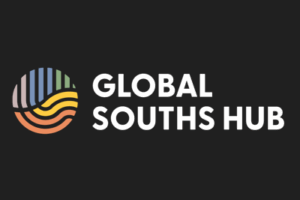Mapping the routes of the Internet for geopolitics: The case of Eastern Ukraine

In this paper, we argue that data routing is of geopolitical significance. We propose new methodologies to understand and represent the new forms of power rivalries and imbalances that occur within the lower layers of cyberspace, through the analysis of Eastern Ukraine. The Internet is a network of networks where each network is an Autonomous System (ASes). ASes are independent administrative entities controlled by a variety of actors such as governments, companies, and universities. Their administrators have to agree and communicate on paths followed by packets travelling across the Internet, which is made possible by the Border Gateway Protocol (BGP). Agreements between ASes are often confidential but BGP requires neighbouring ASes to interact with each other in order to coordinate routing through the constant release of connectivity update messages. These messages announce the availability (or withdrawal) of a sequence of ASes that can be followed to reach an IP address prefix. We select Eastern Ukraine as a case study as in 2020, six years after the beginning of the war in Donbass, data is available to analyze and map changes to data routing. In our study, we conducted a longitudinal analysis of Ukraine’s connectivity through the capture and analysis of these BGP announcements. Our results show how Donbass ASes progressively migrated from Ukraine’s cyberspace towards Russia, while still sharing connections with Ukrainian ASes. Donbass cyberspace therefore sits at the interface of Ukraine and Russia but has been relegated to the periphery of both networks; it is marginalized from the Ukrainian network but not fully integrated into the Russian network. These evolutions both reflect and affect ongoing geopolitical power rivalries in the physical world and demonstrate their strategic significance. Our methodology can be used to conduct studies in other regions subject to geopolitical open conflicts and to infer the strategies developed by states in anticipation of potential threats.
A paper written by Kevin Limonier, Frédérick Douzet, Louis Pétiniaud, Loqman Salamatian and Kave Salamatian. Read it on the journal’s webiste



